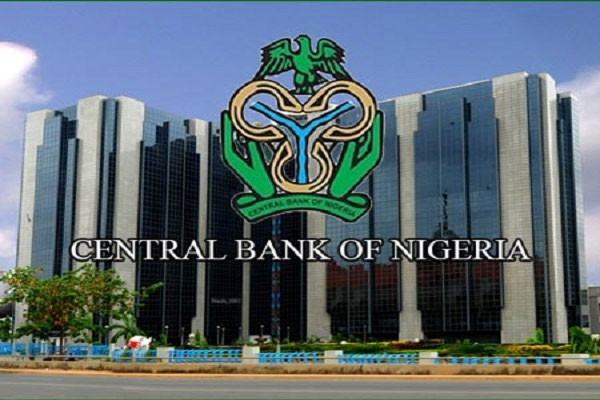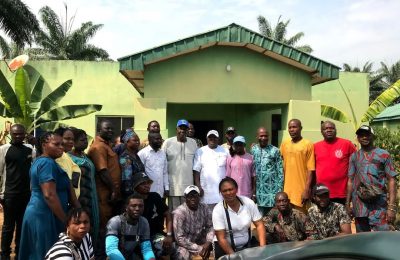

THE presidential committee on fiscal policy and tax reforms has among others, proposed the use of some portion of banks’ Cash Reserve Ratio (CRR) to provide concessionary interest rates at a single digit for manufacturers.
Mr Taiwo Oyedele, the chairman of the committee who disclosed this on Thursday, added that it is for the federal government to adopt.

He said: “We have created exemptions for manufacturers. So, if you are manufacturing anything, do not worry about withholding tax.
“We have put measures to curb evasion. These are part of the reforms that we have introduced in withholding tax regulation that has just been approved.”
The committee further recommended that any extra revenue incurred by the government should be used to pay down its Ways and Means borrowing from the Central Bank of Nigeria (CBN).
The CRR is the minimum amount banks and merchant banks are expected to retain with the CBN from customer deposits and it carries no interest and is not available for use by the banks in their day-to-day operations.
It is one of the ways CBN regulates the country’s money supply, inflation level and liquidity in the country. The higher the rate, the lower the liquidity with the banks.
In early 2020, the apex bank’s Monetary Policy Committee (MPC) increased CRR by five percent from 22.5 percent to 27.5 percent and in September 2022, it moved it to 32.5 percent in a move to tame inflationary pressure.The MPC at the first meeting in 2024 increased CRR to 45.00 percent amid double-digit inflation rate.
With the Central Bank of Nigeria (CBN) maintaining Cash Reserve Ratio at 32.5 percent in 2023, Zenith Bank Plc and nine other banks’ restricted deposit increased to N17.1 trillion, representing a growth of 72.7 percent from N9.91 trillion reported in 2022.
The banks include: Access Holdings Plc, Guaranty Trust Holdings Company Plc (GTCO), United Bank for Africa (UBA) Plc, Stanbic IBTC Holdings Plc and Wema Bank Plc.
Other banks: FBN Holdings Plc, FCMB Group Plc, Sterling Financial Holdings Company Plc, and Fidelity Bank Plc.
Meanwhile, Oyedele further said the overall objective of the reform initiative included the protection of the poor and vulnerable businesses that were merely trying to survive from tax burdens.
He said: “It has been said a million times that our money is in the informal sector, but let me say to you that we have done our analysis, and we have the data and the evidence, and it does not support that assertion.
“Our money is not in the informal sector – 95 percent of them are not going to bear any tax burden in any form.
“The money that we are looking for is in the middle, upper and elite classes.”
The government, according to him, will assess and manage fiscal and other risks associated with spending such as currency mismatch, considering domestic and external factors, while every Nigerian shall take active interest in government spending including monitoring, reporting and holding the government accountable.
The government borrowing policy will guide how the government finances its spending and manages its debt. Borrowing policy can affect various aspects of the economy, such as interest rates, inflation, exchange rates and fiscal sustainability.
In terms of principles that will govern the borrowing of government, he said a framework for assessing the government’s ability to meet debt obligations without compromising essential public services or creating undue financial strain will be designed. There will be regular assessment of the impact of borrowed funds, adjusting strategies if necessary to maximize positive outcomes and minimize risks.
“Borrow only as a last resort and for specific purposes that contribute to long-term economic growth or to address critical needs, Prioritise borrowing for projects that enhance economic productivity and contribute to long term growth, such as critical infrastructure and development initiatives.
“Ensure that the level of borrowing is sustainable over the long term, avoiding excessive debt that may burden future generations,” Oyedele stated.
ALSO READ: No going back on nationwide strike — Lagos NLC, TUC








